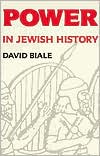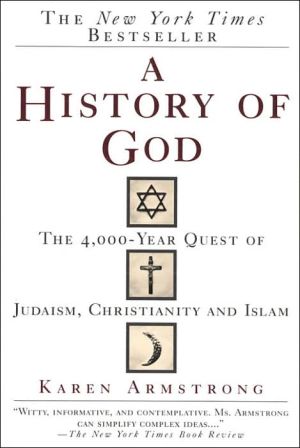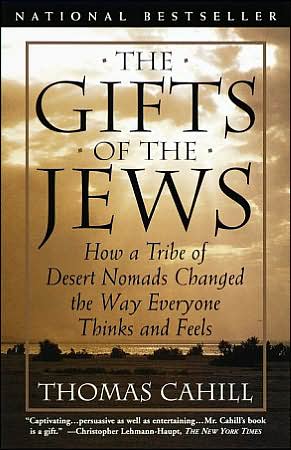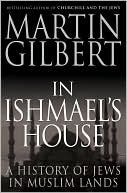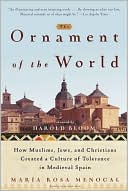Power and Powerlessness in Jewish History
WINNER OF THE 1987 JWB NATIONAL JEWISH BOOK AWARD FOR HISTORY\ In this radical reinterpretation of Jewish history, David Biale tackles the myth of Jewish political passivity between the fall of an independent Jewish Commonwealth in 70 C.E. and the rebirth of the state of Israel in 1948. He argues that Jews throughout history demonstrated a savvy understanding of political life; they were neither as powerless as the memory of the Holocaust years would suggest nor as powerful as the as the...
Search in google:
In this radical reinterpretation of Jewish history, David Biale tackles the myth of Jewish political passivity between the fall of an independent Jewish Commonwealth in 70 C.E. and the rebirth of the state of Israel in 1948. He argues that Jews throughout history demonstrated a savvy understanding of political life; they were neither as powerless as the memory of the Holocaust years would suggest nor as powerful as the contemporary state of Israel would imply. Publishers Weekly To shed light on the tensions he observed between Jewish perceptions of power versus political realitieswhich ``are often the cause of misguided political decisions,'' like Israel's Lebanese WarBiale analyzes Jewish history from the point of view of politics and power. The author of Gershom Scholem: Kabbalah and Counter-History here challenges the conventions of what he terms the Jewish ``mythical past'': the anachronistic interpretation that the Diaspora, which occurred between the fall of an independent Jewish commonwealth in A.D. 70 and the rebirth of the State of Israel in 1948, was politically impotent, and, conversely, that the First and Second Temple periods were eras of full Jewish national sovereignty. His succinct, thoroughly researched, insightful argumentssuch as his thesis that the Hasmonean Revolt was neither a primarily religious nor a nationalistic resistance to the Greeks but an internal Jewish struggle for control of the high priesthoodare sure to spark controversy. (December)
PrefaceixIntroduction: The Crisis of Jewish Ideology3I.Sovereignty and Imperialism in Antiquity10II.The Political Theory of the Diaspora34III.Corporate Power in the Middle Ages58IV.Absolutism and Enlightenment87V.Between Haskalah and Holocaust118VI.Israel and the Meaning of Modern Sovereignty145VII.American Jews and Contemporary Diaspora Power177Epilogue: The Political Legacy of Jewish History206Notes211Index238
\ Publishers Weekly - Publisher's Weekly\ To shed light on the tensions he observed between Jewish perceptions of power versus political realitieswhich ``are often the cause of misguided political decisions,'' like Israel's Lebanese WarBiale analyzes Jewish history from the point of view of politics and power. The author of Gershom Scholem: Kabbalah and Counter-History here challenges the conventions of what he terms the Jewish ``mythical past'': the anachronistic interpretation that the Diaspora, which occurred between the fall of an independent Jewish commonwealth in A.D. 70 and the rebirth of the State of Israel in 1948, was politically impotent, and, conversely, that the First and Second Temple periods were eras of full Jewish national sovereignty. His succinct, thoroughly researched, insightful argumentssuch as his thesis that the Hasmonean Revolt was neither a primarily religious nor a nationalistic resistance to the Greeks but an internal Jewish struggle for control of the high priesthoodare sure to spark controversy. (December)\ \
